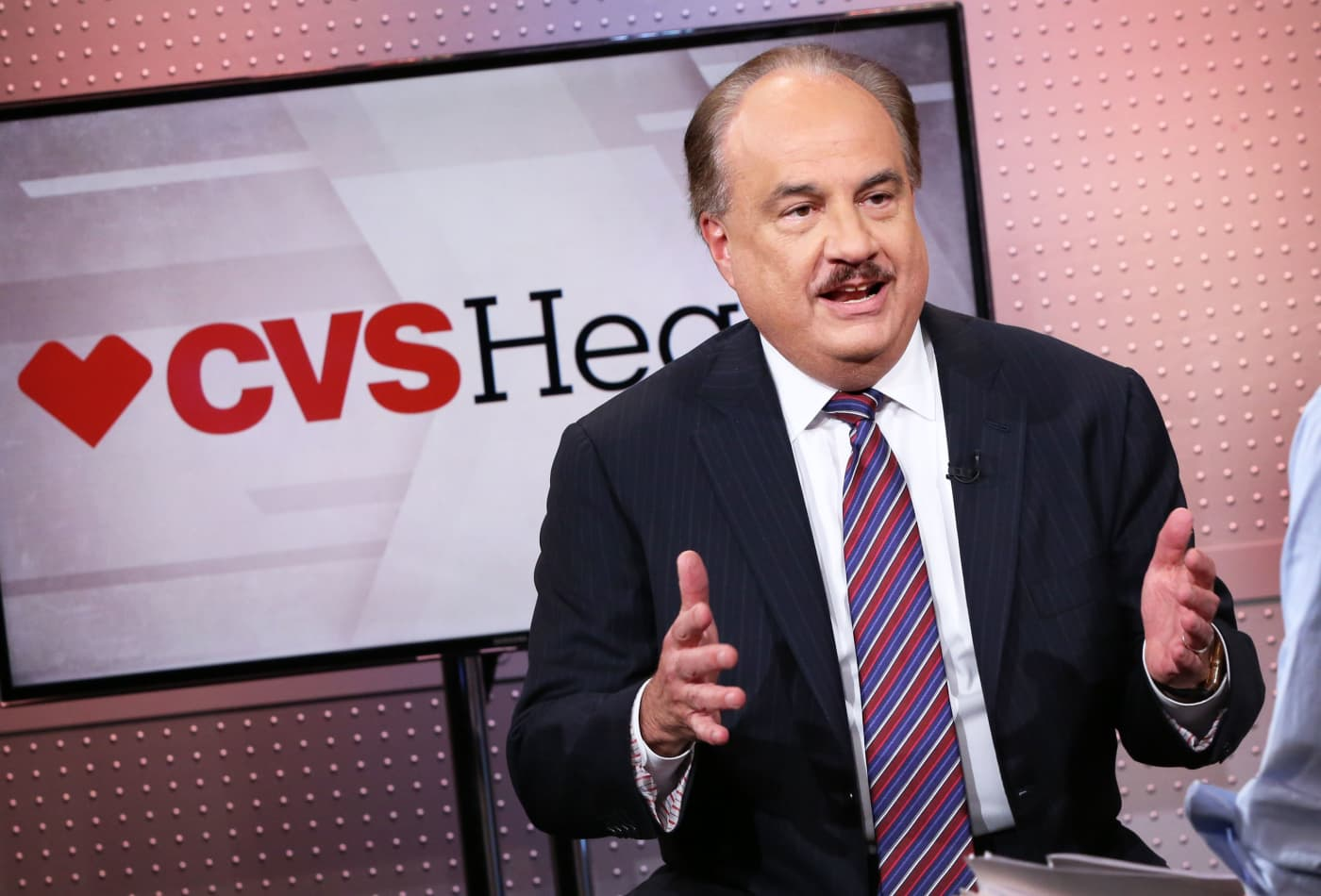Karen Lynch’s tenure as CEO of CVS Health, which began in February 2021, has seen both notable successes and significant challenges, culminating in her stepping down amidst increasing shareholder pressure. Despite early wins, particularly during the height of the COVID-19 pandemic, CVS has faced difficulties in recent years, including declining stock value and multiple profit forecast cuts. Here’s a timeline of key events leading up to her departure:
Feb. 1, 2021:
Karen Lynch assumes the role of CEO during the COVID-19 pandemic, succeeding Larry Merlo. Under her leadership, CVS plays a crucial role in the U.S. pandemic response through its pharmacy and healthcare services.
Feb. 9, 2022:
CVS’s stock reaches near 7-year highs, largely benefiting from high demand for COVID-19 vaccines and related services provided at its drugstores.
Aug. 3, 2022:
The company raises its annual outlook for COVID-related revenue, anticipating a surge in sales of over-the-counter tests amid ongoing concerns about the pandemic.
Sept. 5, 2022:
CVS announces its acquisition of Signify Health, a home healthcare services provider, for approximately $8 billion in cash, marking a major move into the home health sector.
Feb. 8, 2023:
CVS continues its expansion by purchasing primary care provider Oak Street Health for $9.5 billion in cash, further pushing into the urgent care market.
May 3, 2023:
The company pauses further acquisitions to focus on integrating recent purchases, including Signify Health and Oak Street Health, as it navigates operational complexities.
Aug. 2, 2023:
In an effort to reduce costs, CVS announces plans to cut 5,000 non-customer-facing roles and shut down its clinical trials services.
Nov. 1, 2023:
Facing growing financial pressures, CVS revises its profit forecast downward to account for rising medical costs in its Aetna insurance division.
Dec. 5, 2023:
The company forecasts 2024 revenue above market estimates and announces plans to simplify the reimbursement structure for its pharmacies, aiming to increase transparency amid scrutiny over rising healthcare costs.
Feb. 27, 2024:
CVS cuts its 2024 profit forecast once again, this time due to rising Medicare-related costs, further straining investor confidence.
April 2, 2024:
The U.S. government announces final rates for Medicare Advantage payments, implying a reduction that raises concerns about margin pressures for CVS and other healthcare providers.
May 1, 2024:
CVS revises its profit forecast downward for the third time, citing persistent high medical costs, signaling deeper financial struggles within the company.
Aug. 7, 2024:
Shares of CVS drop sharply following another profit forecast cut, with the company acknowledging that high medical costs will likely continue throughout the year.
Aug. 14, 2024:
Regulatory filings reveal that investment firm Sachem Head Capital Management has acquired a new stake in CVS during the second quarter, hinting at increased shareholder pressure for changes at the company.
Sept. 29, 2024:
The Wall Street Journal reports that hedge fund Glenview Capital plans to meet with CVS executives to propose operational improvements. Reuters later confirms that CVS is exploring various options to enhance its performance.
Lynch’s departure comes after nearly four years of navigating the complex healthcare landscape and facing mounting pressure to reverse the company’s declining stock performance and rein in Aetna’s rising medical costs. Her replacement, David Joyner, steps into the role with significant challenges ahead.


















